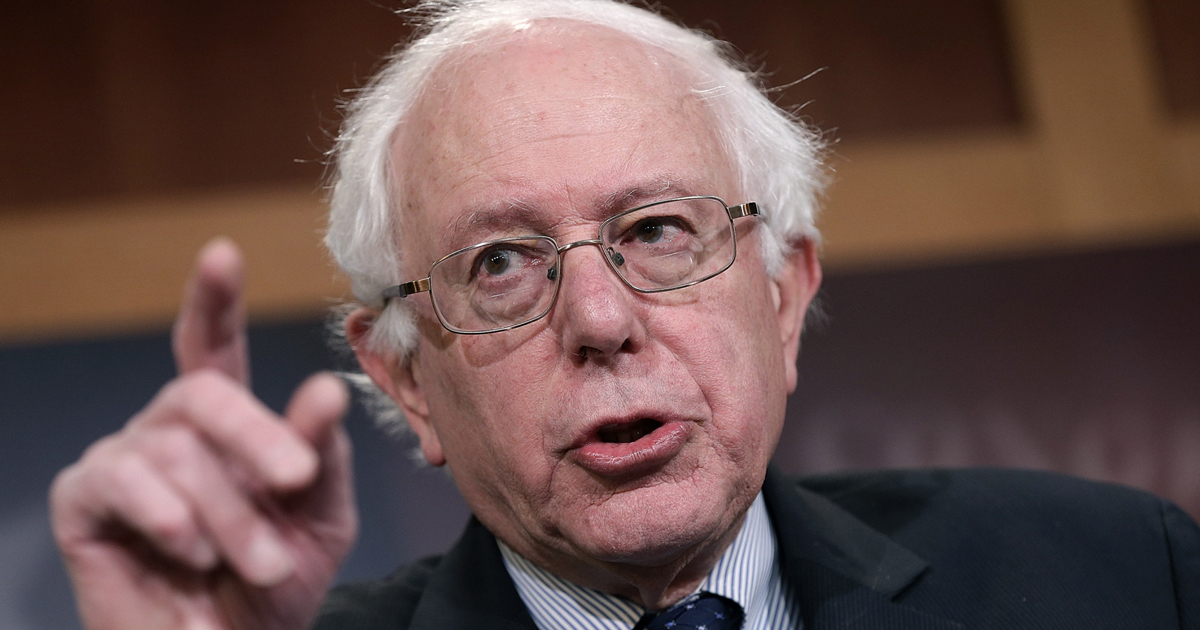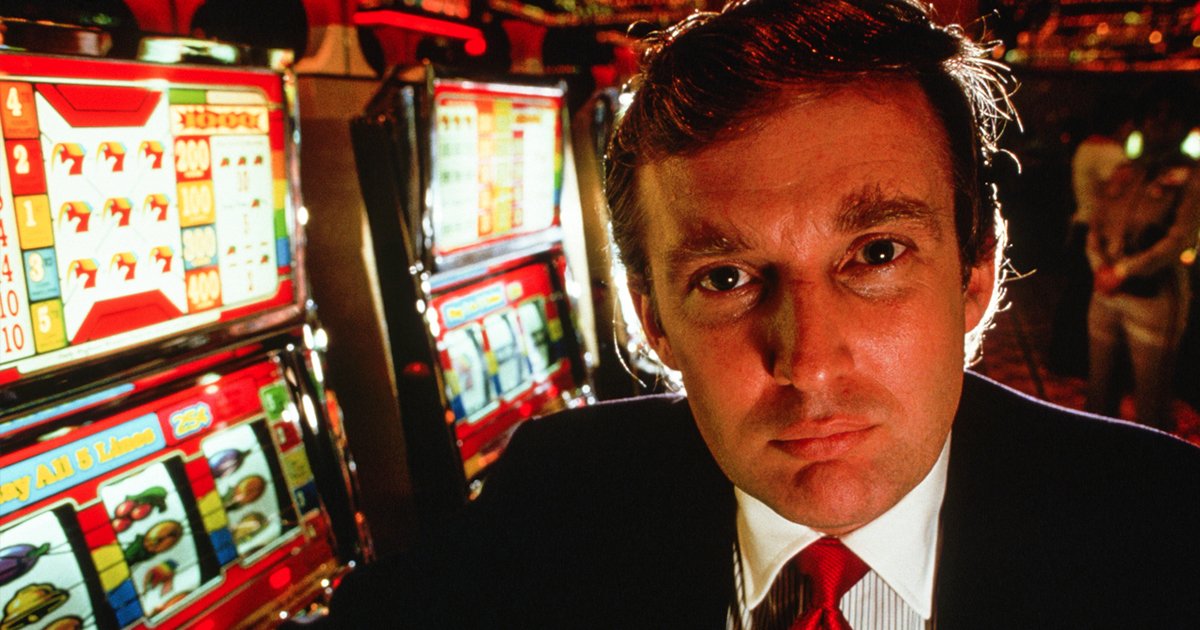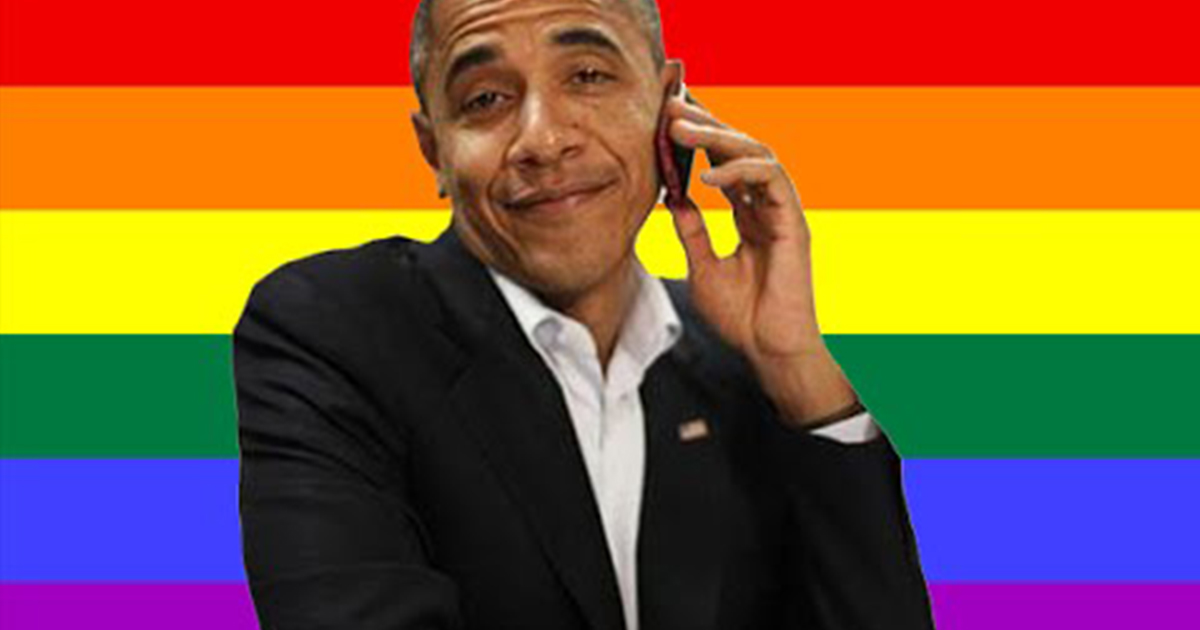Approximately 85 percent of Americans believe that money has too much influence over politics and elections. What’s more, several politicians now, and throughout history, have openly admitted that most officials on Capitol Hill simply go, as vice president Joe Biden said, “where the money is.”
Despite the many politicians who patronize American voters by saying money doesn’t influence their decisions, many more will call that claim out as a lie. The Intercept created a list of recent politicians, and a few from decades past, who readily admit money’s role and influence in politics.
“Now [the United State is] just an oligarchy, with unlimited political bribery being the essence of getting the nominations for president of to elect the president,” said former President Jimmy Carter this year. “And the same thing applies to governors and U.S. senators and Congress members . . . So now we’ve just seen a complete subversion of our political system as a payoff to major contributors.”
In 2009, Sen. Dick Durbin (D-Ill.) mentioned how Wall Street has the tightest grip on Washington out of all lobbying groups. “The banks – hard to believe in a time when we’re facing a banking crisis that many of the banks created – are still the most powerful lobby on Capitol Hill,” he said. “And they frankly own the place.” He said they own the place. That speaks volumes about money in politics.
The most resounding of these proclamations about money in politics came from Mark Hanna, who was President William McKinley’s campaign manager in 1896. “There are two things that are important in politics,” said Hanna in 1895. “The first is money and I can’t remember what the second one is.”
Money has influenced politics and elections for well over a century, and the People know it. Any politician who acts like it doesn’t is either a fool or a liar. The plague of money in politics is more widespread now than ever before. Change is needed. Washington D.C. must be stripped of its dependency on big money.



